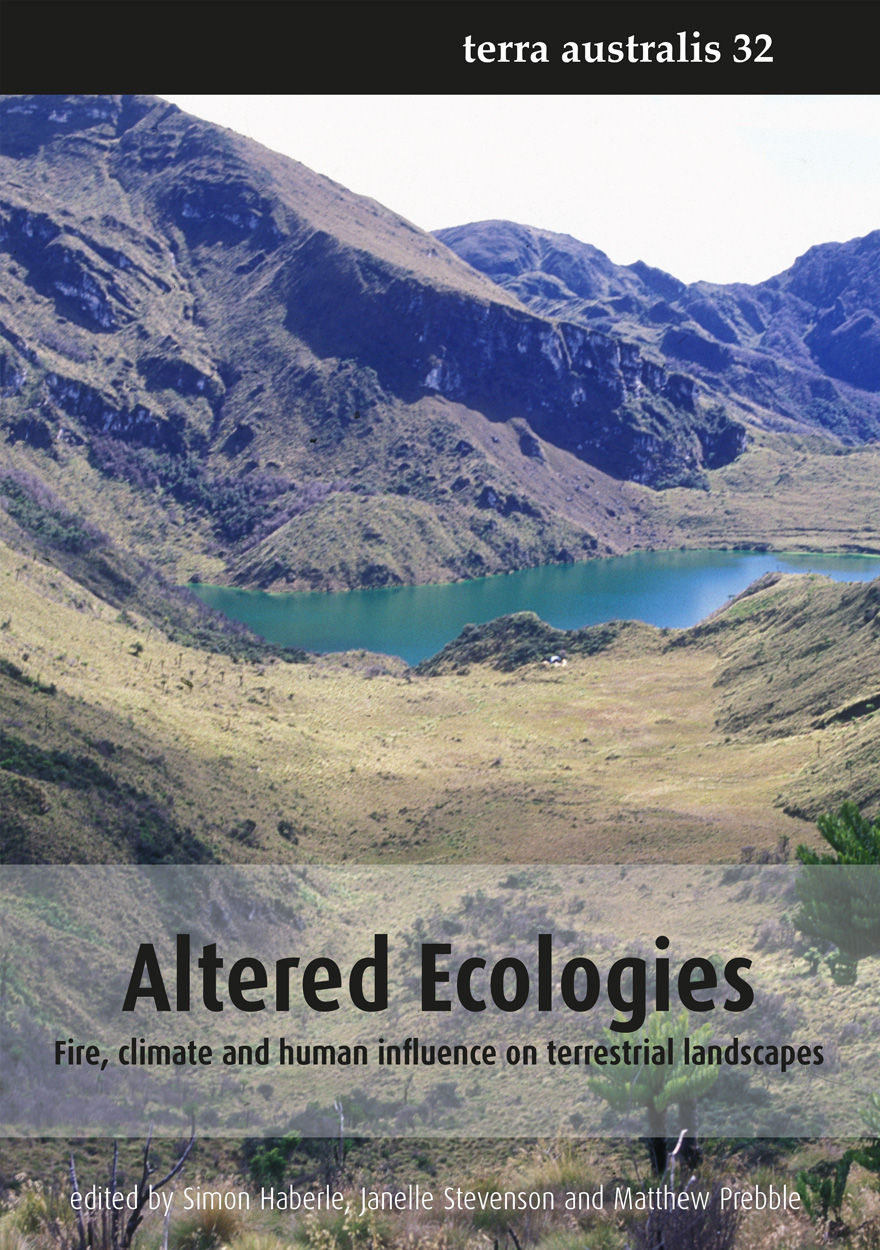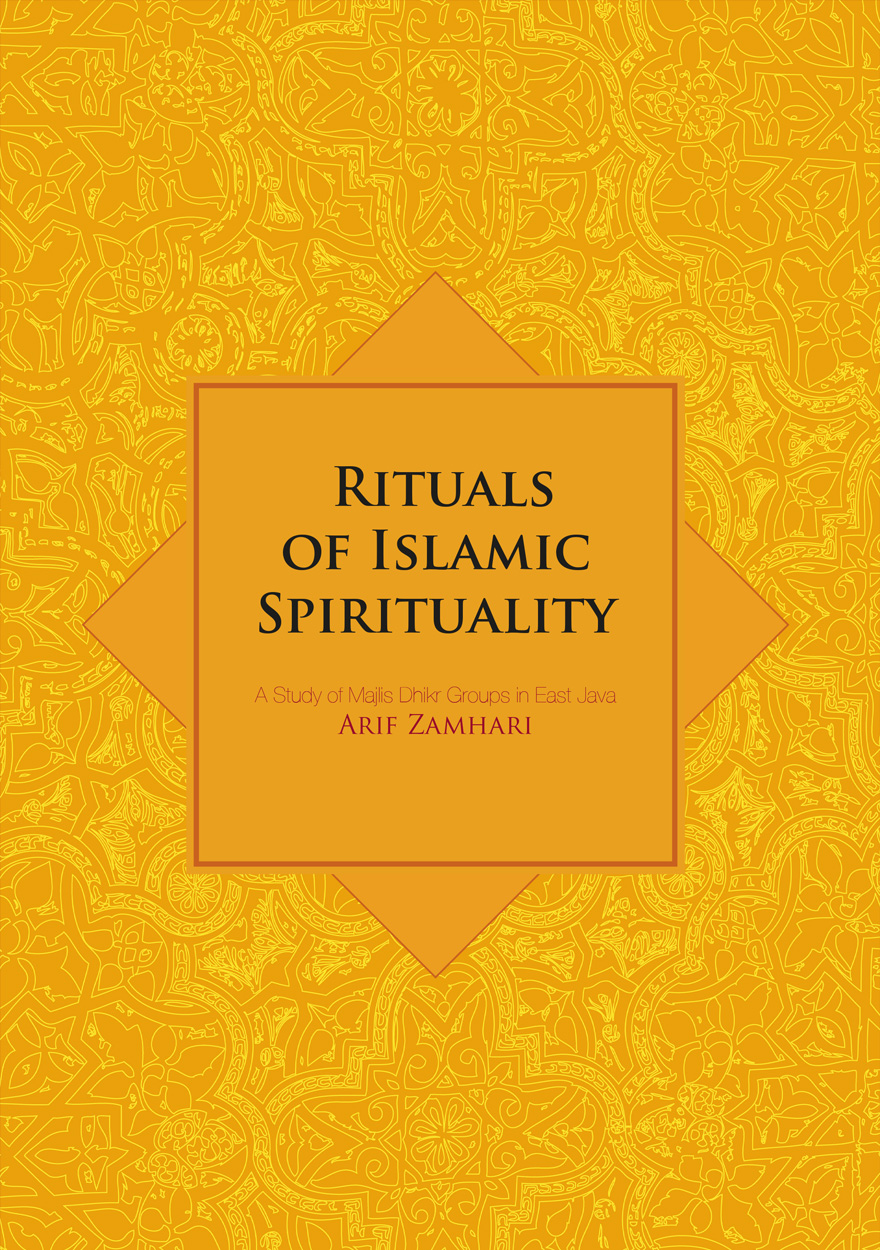Search titles
Displaying results 71 to 80 of 111.

The Hmong of Australia »
Culture and Diaspora
Edited by: Nicholas Tapp, Gary Yia Lee
Publication date: November 2010
The Hmong are among Australia’s newest immigrant populations. They came as refugees from Laos after the communist revolution of 1975 ended their life there as highland shifting cultivators. The Hmong originate from southern China where many still remain, and others live in Vietnam, Thailand and Burma. Hmong refugees are now also settled in the USA, Canada, France, Germany and French Guyana. Already the beauty and richness of traditional Hmong culture, in particular their shamanism and embroidered costume, has attracted the attention of the Australian public, but little is known about these people, their background or the struggles they have faced to adjust to a new life in Australia.This interdisciplinary collection of articles deals with their music and textiles, gender and language, their social adaptation and their global diaspora. The book aims to bring knowledge of the Hmong to a wider public and contribute to the understanding of these people.

Altered Ecologies »
Fire, climate and human influence on terrestrial landscapes
Edited by: S. Haberle, J. Stevenson, M. Prebble
Publication date: November 2010
Like a star chart this volume orientates the reader to the key issues and debates in Pacific and Australasian biogeography, palaeoecology and human ecology. A feature of this collection is the diversity of approaches ranging from interpretation of the biogeographic significance of plant and animal distributional patterns, pollen analysis from peats and lake sediments to discern Quaternary climate change, explanation of the patterns of faunal extinction events, the interplay of fire on landscape evolution, and models of the environmental consequences of human settlement patterns. The diversity of approaches, geographic scope and academic rigor are a fitting tribute to the enormous contributions of Geoff Hope. As made apparent in this volume, Hope pioneered multidisciplinary understanding of the history and impacts of human cultures in the Australia- Pacific region, arguably the globe’s premier model systems for understanding the consequences of human colonization on ecological systems. The distinguished scholars who have contributed to this volume also demonstrate Hope’s enduring contribution as an inspirational research leader, collaborator and mentor. Terra Australis leave no doubt that history matters, not only for land management, but more importantly, in alerting settler and indigenous societies alike to their past ecological impacts and future environmental trajectories.

East Asia Forum Quarterly: Volume 2, Number 4, 2010 »
Publication date: October 2010
East Asia Forum Quarterly grew out of East Asia Forum (EAF) online, which has developed a reputation for providing a platform for the best in Asian analysis, research and policy comment on the Asia Pacific region in world affairs. EAFQ aims to provide a further window onto research in the leading research institutes in Asia and to provide expert comment on current developments within the region. The East Asia Forum Quarterly, like East Asia Forum online, is an initiative of the East Asia Forum (EAF) and its host organisation, the East Asian Bureau of Economic Research (EABER) in the Crawford School of Economics and Government in the College of Asia & the Pacific at The Australian National University.
Download for free
Not available for purchase

Soeharto's New Order and Its Legacy »
Essays in honour of Harold Crouch
Edited by: Edward Aspinall, Greg Fealy
Publication date: August 2010
Indonesia’s President Soeharto led one of the most durable and effective authoritarian regimes of the second half of the twentieth century. Yet his rule ended in ignominy, and much of the turbulence and corruption of the subsequent years was blamed on his legacy. More than a decade after Soeharto’s resignation, Indonesia is a consolidating democracy and the time has come to reconsider the place of his regime in modern Indonesian history, and its lasting impact. This book begins this task by bringing together a collection of leading experts on Indonesia to examine Soeharto and his legacy from diverse perspectives. In presenting their analyses, these authors pay tribute to Harold Crouch, an Australian political scientist who remains one of the greatest chroniclers of the Soeharto regime and its aftermath.

Crisis Policymaking »
Australia and the East Timor Crisis of 1999
Authored by: David Connery
Publication date: July 2010
East Timor’s violent transition to independence, which began early in 1999, presented the Australian Government with a significant foreign policy crisis. This crisis was not sudden, totally unexpected or ultimately threatening to Australia’s survival. But the crisis consumed the attention of Australian leaders, saw significant national and international resources employed, and led to the largest operational deployment for the Australian Defence Force since the Vietnam War. This crisis also created a significant rupture in the hitherto carefully-managed relationships between Australia and its important neighbor, Indonesia. The events of September 1999 ultimately led to the birth of a new nation and the deaths of many people who might have otherwise expected to enjoy that independence.
In this major study, David Connery examines how the Australian Government—at the political and bureaucratic levels—developed and managed national security policy in the face of this crisis. The events, and the policymaking processes that both led and followed, are reconstructed using sixty interviews with key participants. This study identifies certain characteristics of crisis policymaking in Australia that include a dominant executive, secrecy, external actors and complexity.

Rituals of Islamic Spirituality »
A Study of Majlis Dhikr Groups in East Java
Authored by: Arif Zamhari
Publication date: July 2010
This study examines the emergence of new forms of Islamic spirituality in Indonesia identified as Majlis Dhikr. These Majlis Dhikr groups have proliferated on Java in the last two decades, both in urban and rural areas, and have attracted followers from a wide social background. The diverse aspects of these Majlis Dhikr groups – their rituals, teachings and strategies of dissemination as well as the popular understanding of these rituals and their contestation by critics and opponents – are examined in detail and illustrated by reference to three particular groups – Salawat Wahidiyat, Istighathat Ihsaniyyat and Dhikr al-Ghafilin each of which has its own distinctive features and notable religious leadership. These Majlis Dhikr groups regard their activities as legitimate ritual practices that are in accordance with the legacy of Islamic Sufism based on the interpretation of the Qur’anic and Prophetic tradition.

East Asia Forum Quarterly: Volume 2, Number 3, 2010 »
Publication date: July 2010
East Asia Forum Quarterly grew out of East Asia Forum (EAF) online, which has developed a reputation for providing a platform for the best in Asian analysis, research and policy comment on the Asia Pacific region in world affairs. EAFQ aims to provide a further window onto research in the leading research institutes in Asia and to provide expert comment on current developments within the region. The East Asia Forum Quarterly, like East Asia Forum online, is an initiative of the East Asia Forum (EAF) and its host organisation, the East Asian Bureau of Economic Research (EABER) in the Crawford School of Economics and Government in the College of Asia & the Pacific at The Australian National University.
Download for free
Not available for purchase

East Asia Forum Quarterly: Volume 2, Number 2, 2010 »
Publication date: May 2010
East Asia Forum Quarterly grew out of East Asia Forum (EAF) online, which has developed a reputation for providing a platform for the best in Asian analysis, research and policy comment on the Asia Pacific region in world affairs. EAFQ aims to provide a further window onto research in the leading research institutes in Asia and to provide expert comment on current developments within the region. The East Asia Forum Quarterly, like East Asia Forum online, is an initiative of the East Asia Forum (EAF) and its host organisation, the East Asian Bureau of Economic Research (EABER) in the Crawford School of Economics and Government in the College of Asia & the Pacific at The Australian National University.
Download for free
Not available for purchase

Anomie and Violence »
Non-truth and Reconciliation in Indonesian Peacebuilding
Authored by: John Braithwaite, Valerie Braithwaite, Michael Cookson, Leah Dunn
Publication date: March 2010
Indonesia suffered an explosion of religious violence, ethnic violence, separatist violence, terrorism, and violence by criminal gangs, the security forces and militias in the late 1990s and early 2000s. By 2002 Indonesia had the worst terrorism problem of any nation. All these forms of violence have now fallen dramatically. How was this accomplished? What drove the rise and the fall of violence? Anomie theory is deployed to explain these developments. Sudden institutional change at the time of the Asian financial crisis and the fall of President Suharto meant the rules of the game were up for grabs. Valerie Braithwaite’s motivational postures theory is used to explain the gaming of the rules and the disengagement from authority that occurred in that era. Ultimately resistance to Suharto laid a foundation for commitment to a revised, more democratic, institutional order. The peacebuilding that occurred was not based on the high-integrity truth-seeking and reconciliation that was the normative preference of these authors. Rather it was based on non-truth, sometimes lies, and yet substantial reconciliation. This poses a challenge to restorative justice theories of peacebuilding.

East Asia Forum Quarterly: Volume 1, Number 1, 2009 »
Publication date: November 2009
East Asia Forum Quarterly grew out of East Asia Forum (EAF) online, which has developed a reputation for providing a platform for the best in Asian analysis, research and policy comment on the Asia Pacific region in world affairs. EAFQ aims to provide a further window onto research in the leading research institutes in Asia and to provide expert comment on current developments within the region. The East Asia Forum Quarterly, like East Asia Forum online, is an initiative of the East Asia Forum (EAF) and its host organisation, the East Asian Bureau of Economic Research (EABER) in the Crawford School of Economics and Government in the College of Asia & the Pacific at The Australian National University.
Download for free
Not available for purchase



